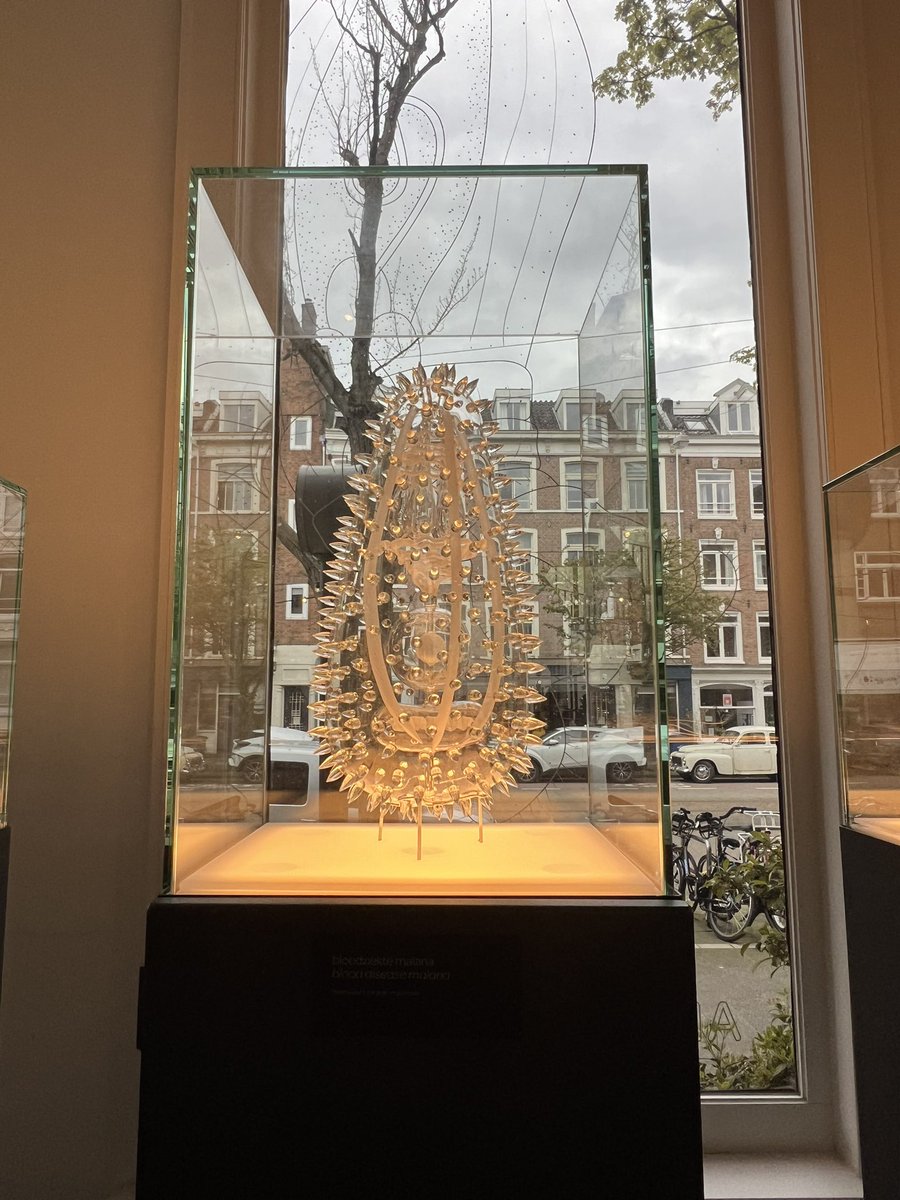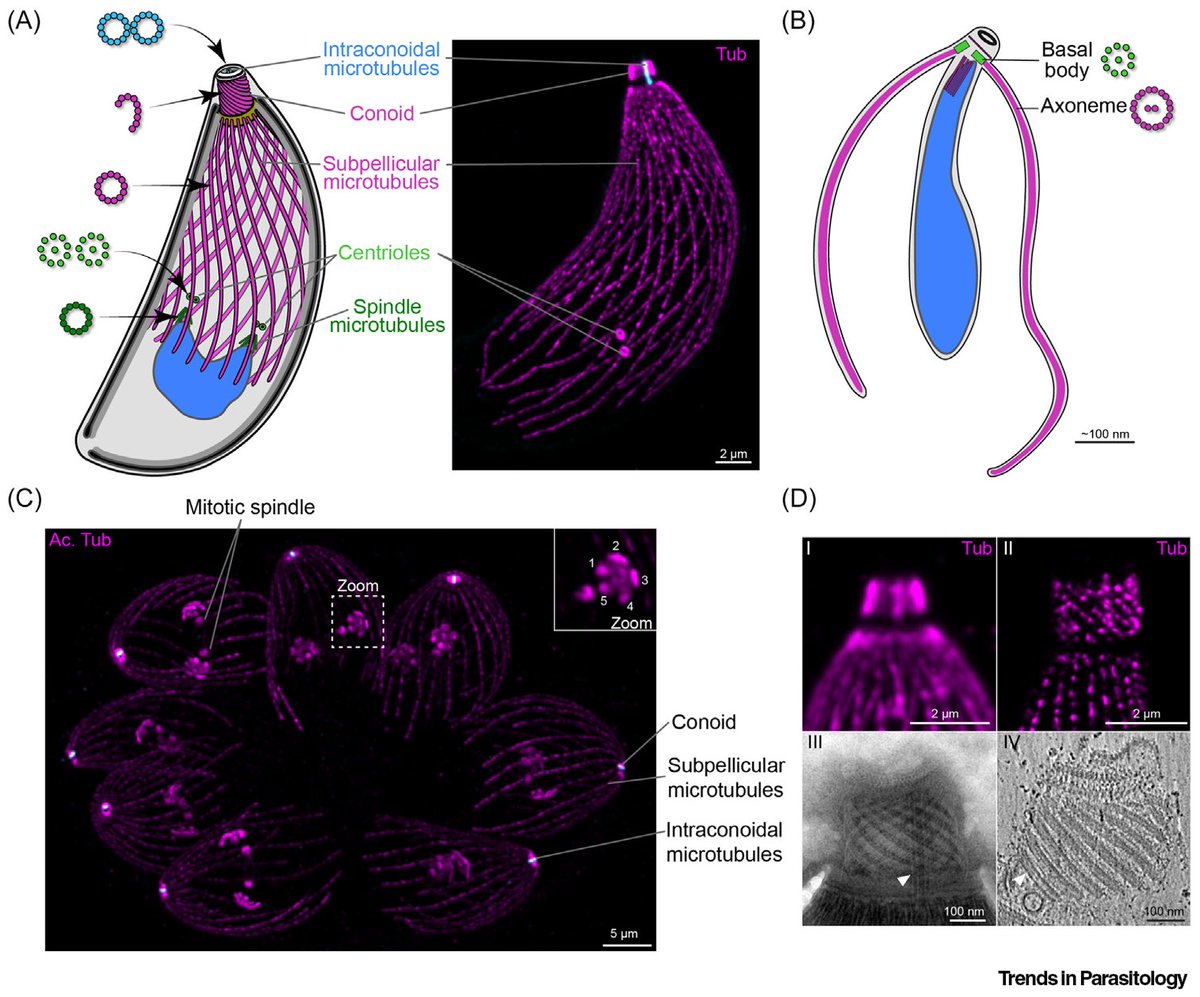
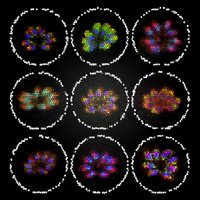

'Unique Properties of Apicomplexan Mitochondria' #apicomplexa #mitochondria Lamb et al. DOI: 10.1146/annurev-micro-032421-120540


The Apicomplexan research community in Bern 😊
#uzh #universityzurich #universityofgeneva #universityofbern #universityofbasel #swisstph #universityoflausanne #apicomplexan


Swiss Apicomplexan Meeting in Bern, Switzerland
#uzh #universityofzurich #universityofbern #universityofgeneva #universityofbasel #swisstph #apicomplex


Excited to share our latest review on 3′-end mRNA processing in #apicomplexan parasites! Discovering the classic and unexpected players involved in this intricate process was a fascinating journey. Check it out and stay tuned for more! #mRNAprocessing
wires.onlinelibrary.wiley.com/doi/full/10.10…
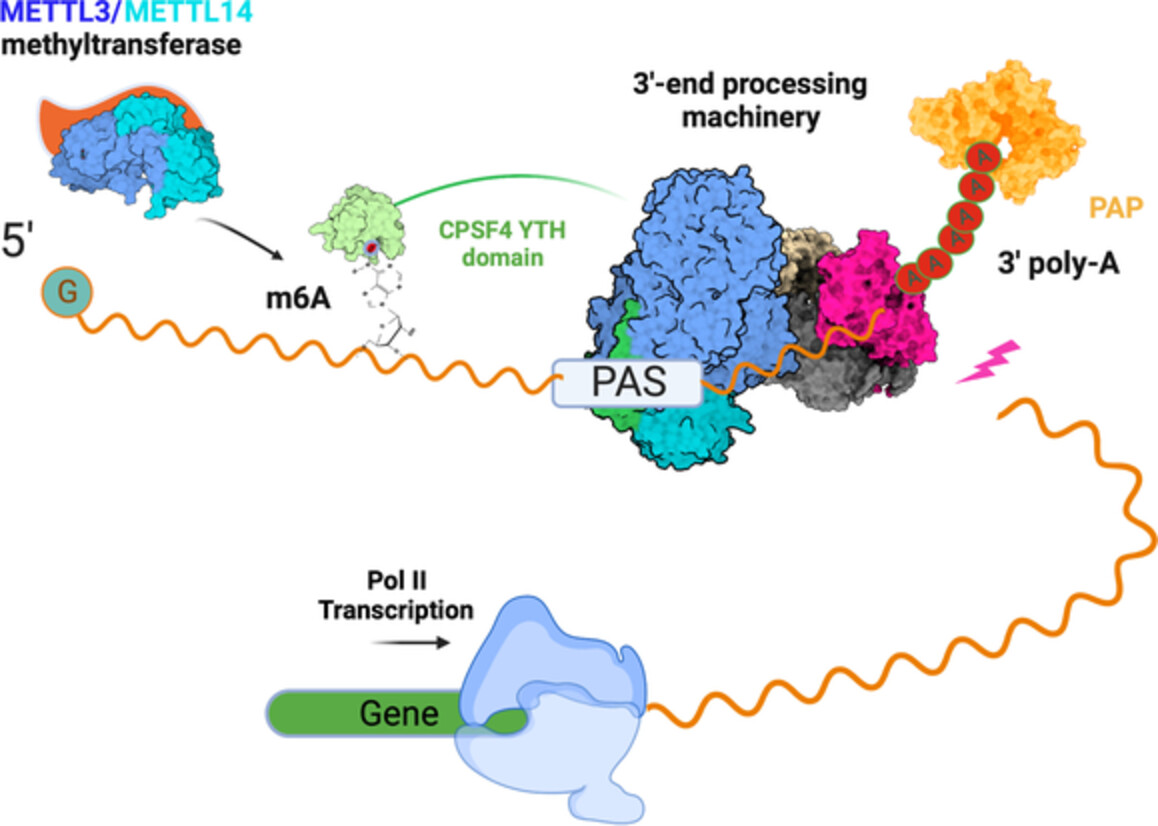

Do you know about amazing apicomplexan gregarines? Discover one of the most stunning gregarine, awesome *Porospora gigantea*, in Trends in Parasitology Parasite of the Month with Isabelle FLORENT
authors.elsevier.com/c/1hH0R5Eb1xFU…


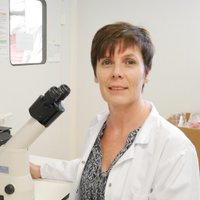


Post-doctoral positions available to study Calcium signaling in the apicomplexan parasite Toxoplasma gondii. To apply send a cover letter and CV including the names of 3 references to: Silvia N J Moreno, [email protected] Web site: moreno-lab.franklinresearch.uga.edu



Excellent talk by Andrew Maclean
- 'Structural insight into the apicomplexan drug target cytochrome bc1'
British Society for Parasitology




